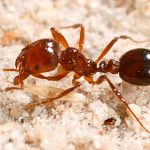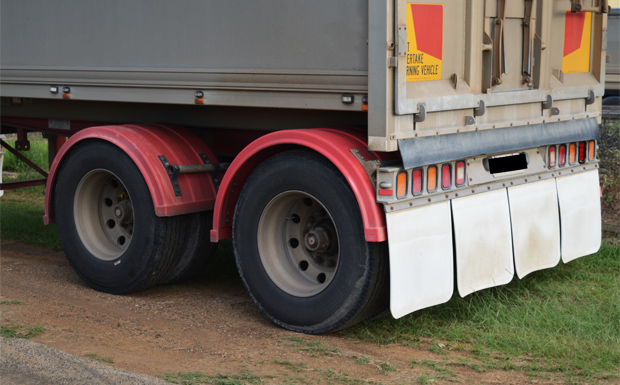
November 9, 2021
Monday was “D-Day” for anyone trying to import unidentified seeds into Australia through the mail.
Biosecurity officers can now destroy all non-compliant seeds on-the-spot.
The hard-line move brings seeds into line with other high-risk goods mailed from overseas that pose an unacceptable biosecurity risk, including pig meat products, fresh meat and other perishable and infested goods.
Head of Biosecurity Andrew Tongue said more than 56,000 seed parcels from overseas had failed to meet import conditions last year. This represented 73 per cent of all detections of non-compliant product at Australia’s mail gateways in 2020.
“Most people understand that if they import meat products in the mail they run the risk of introducing diseases like African swine fever, ” Mr Tongue said.
“Similarly, smuggling live plants through the mail could introduce deadly pathogens and disease like Myrtle Rust and our highest risk plant pest, Xylella.
“Because most seeds are small, there’s a perception they’re benign. But they’re anything but harmless. At least 20 seed genera are known hosts for the destructive khapra beetle.
“Buffel grass is a great example of seeds being introduced and planted in Australia which is now a significant and costly environmental problem.
“Unfortunately, there’s a long list of ecosystem degradation and habitat decline in northern Australia caused by exotic imports like gamba, para and mission grasses, many of which were introduced as seeds.
“Controlled tests on imported seeds last year found cucumber, melon and zucchini seeds with Melon necrotic spot virus, Cucumber green mottle mosaic virus and Squash mosaic virus and potyviruses.
“Whether people are buying unidentified seeds on purpose, or accidentally flouting biosecurity laws, it no longer matters.
“If you’re bringing in unidentified seeds through the mail which aren’t compliant with import conditions, they’ll be destroyed in accordance with the Biosecurity Act 2015.
“If you want to import seeds you need to ensure they’re correctly labelled and meet all other import conditions.”
- External link: Importing Plants and Plant Products























